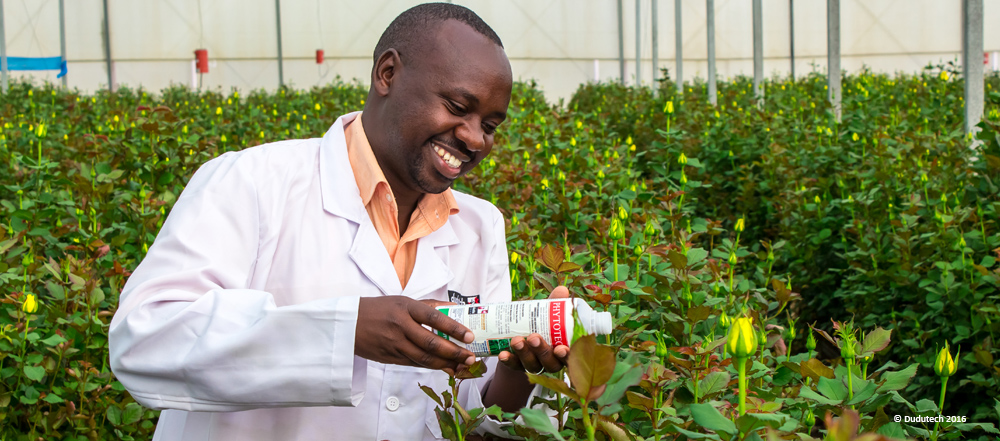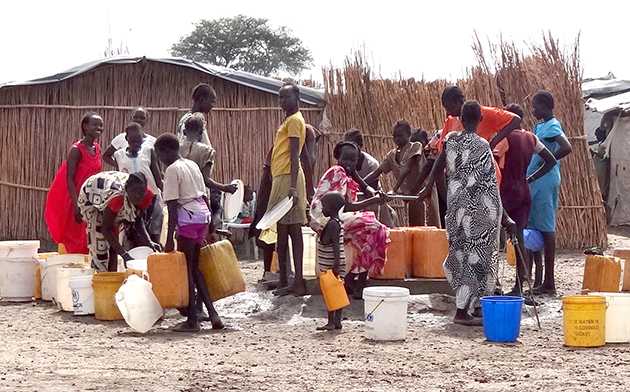Kenya’s lucrative rose export industry faces mounting challenges as the European Union tightens regulations against the false codling moth, a devastating pest threatening flower shipments. The industry, worth over $800 million and employing half a million people, sees roses accounting for 66% of cut flower exports at approximately $300 million.
The EU’s intensifying measures have led to increased sampling rates from 5% to 25% since 2020, resulting in frequent quarantines and rejected shipments. A single moth detection can lead to an entire consignment’s rejection, causing significant losses for exporters like Isinya Roses, which reports revenue drops of up to 30%.
The situation is further complicated by pesticide regulations. While Kenya’s warm climate creates ideal growing conditions, it also harbors pests, forcing farmers to balance EU chemical restrictions with effective pest control. A recent study revealed that 75% of pesticides used in Kenya are highly hazardous, with nearly half banned in the EU.
Growers are exploring alternative solutions, including natural pest control methods such as beneficial insects, companion planting, and pheromone traps. Some are shifting focus to less stringent markets, particularly in the Middle East. However, with new EU regulations taking effect in April 2025, the industry faces additional pressure during peak sales periods like Valentine’s Day and Mother’s Day, challenging Kenya’s position as a leading global flower exporter.



